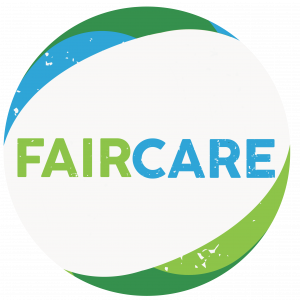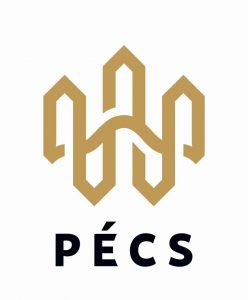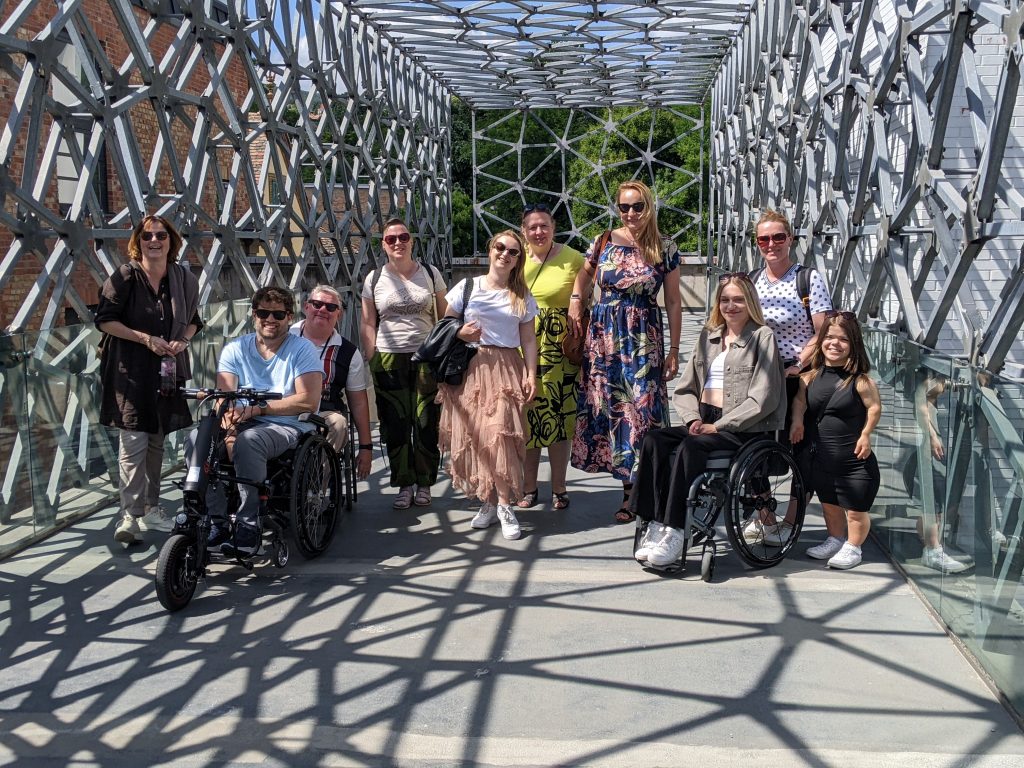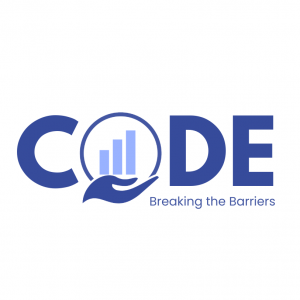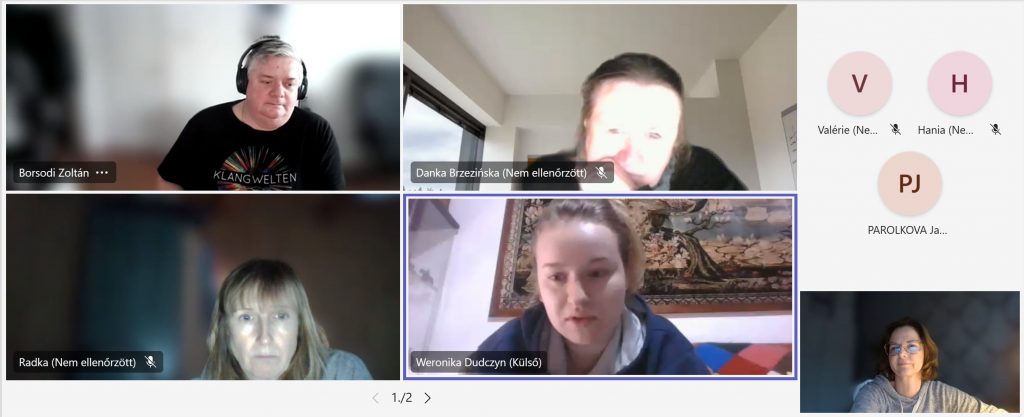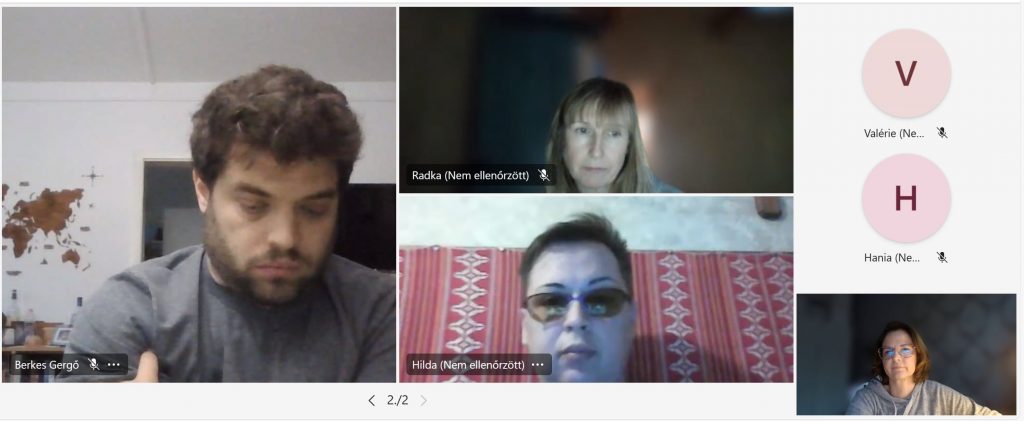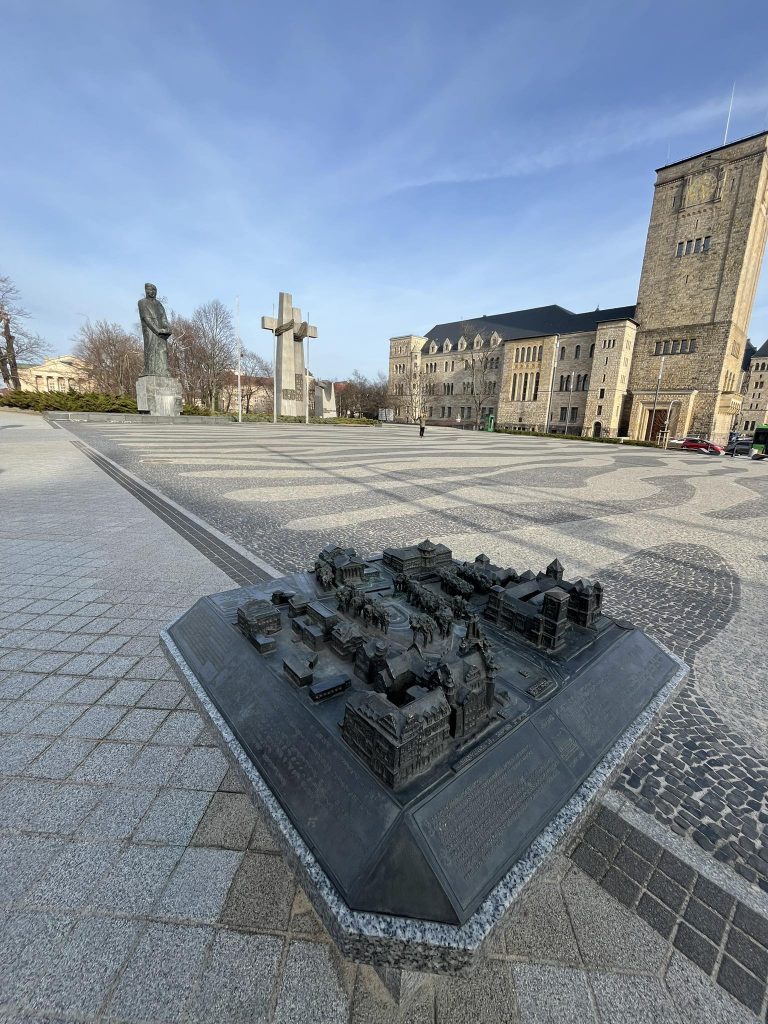Where the king can only sometimes enter through barriers
(In fact, in Hungarian we even jokingly refer to the toilet as ‘the place even the king goes to on foot.)
A handicapped WC, a wheelchair accessible toilet, and sometimes – increasingly – a barrier-free toilet. This is what the signs say. How does a disabled toilet become a disabled, how should this be imagined? – my autistic mind jokes with me every time I see or hear this term, and it already lists the most absurd images, ticking off the generative artificial intelligences.
Actually, the correct name for these rooms is accessible toilets. In fact, there are places in the world where they are called available, emergency toilets.
Here in Hungary, this is usually where the changing room is located, and the same room is often offered for breastfeeding, as a baby-mother room.
Its inappropriate alternative uses: warehouse, small office, staff lounge, changing room… I’m doubly angry about these. Why double?
Who wants to store their belongings, have lunch, coffee and administration in a toilet when they have other options?
And likewise: who wants to go to the toilet in an office/changing room/dining room, after a long wait to unload the obstructing swivel chair, cardboard boxes, cleaning equipment, huge cleaning machine, anything else that could be an accident hazard…?
Even so, such grotesque situations occur countless times!
But even if everything is fine inside, there may be other obstacles to entry. These toilets are usually locked with a key, which means that you can’t just walk in, but have to call for outside help, either by ringing a bell, or by phone, or in person. The keeper of the keys is either available or not. Either he comes quickly, or you have to wait a long time, or he doesn’t come at all, and then you’re in big trouble.
If the person in charge turns up early, there is still the unpleasant possibility that the person is not properly informed and will act as a kind of inspector, deciding whether or not you are entitled to use the toilet, whether or not your personal assistant or guide dog can enter with you.
I have had unpleasant moments, even when using a support stick. The most interesting was when the staff member offered to open the accessible toilet for me, as all the others were in use – if I’m not ashamed, I don’t mind “it”. I joked about it, but I really wondered: would it be shameful, embarrassing to use the toilet in dignified, safe conditions? No, but too often it involves unpleasant interludes, awkward moments.
Sometimes, unfortunately, with explicit violations of rights: recently, my fellow members have suffered serious violations because of a lack of information, an inappropriate attitude.
Interesting fact:
Several organisations around the world offer keys, sometimes literally. The user has to prove his status to the company and, after paying an annual membership fee, he receives a special key that can be used to open all the toilets in the network, even in several countries. No need to look for money or cards, no need to wait for a man with a key, no need to be afraid of unpleasant situations or people.
In Paris and Japan, for example, anyone can use the barrier-free toilets, they are not locked and they are free of charge.
These solutions are not yet available in Hungary.
Fortunately, it’s not all dark and terrible, but it’s a major deterrent for me and an almost constant source of anxiety for those who can’t go to a ‘traditional’ toilet.
Even among my disabled acquaintances there are those who have a healthy point of view: if you don’t seem to have a problem, you have no business being there, shame on you! I mean: they would send me away too, who could use a strong reason for several reasons. And I’m already thinking: if I’m well, I won’t use it unless I really have to. I’ve internalised this nicely too – that is, it’s become part of my thinking, part of my behaviour – so that I feel guilty for not looking disabled or just being better than usual.
So then, who’s actually allowed to use the accessible toilet?
In an ideal society, a barrier-free toilet is available to anyone who feels that they can do their business safely in a specially designed room.
This means that, in addition to people with mobility impairments, for example, people who seem to be great at moving, but when it comes to sitting down or standing up, turning around in tight spaces, making movements – they are less able for whatever reason.
Or the visually impaired: these rooms have a roughly uniform interior design, making it easier to find what’s where and not hurting users when navigating. If you have a guide dog or other assistance dog, they can fit in here too. (Yes, they can go in, and should go in with the owner. These specially trained dogs are not muzzled, but wear a special harness.)
It can also be useful for pregnant women.
These rooms should have a larger bin, especially as they are usually also changing rooms. People with a stoma can empty and change the bag more easily here. The catheter can be emptied more conveniently and hygienically.
The larger bin also fits used adult incontinence products.
Is there somewhere to inject the insulin or other injectable medication? Yes, there should be a room for this in the accessible toilet. (However, they do not have a hazardous waste container, so the user has to take the needle etc. with them and put it in a suitable place in a suitable container.)
You could use it if you have a problem that you can’t wait for the occasional long line, such as IBD, Crohn’s, urge incontinence, or if you “just” had a problem with your sandwich.
Accessible toilets would also be a good idea, if:
You’re sensory over-sensitive, so you can’t stand the constant door slamming, the hand dryer screaming… or you have some other condition that makes using the communal toilet a nightmare instead of a relief.
You are likely to be unwell or require assistance: this toilet has an alarm. (Difficulties: the alarm does not work or the staff do not know what the beep is, where it is coming from and what to do.)
You have an immune condition that makes it not good to be around too many people: these toilets are less used and they are usually more careful to clean. And in case of a problem, you can disinfect it yourself more easily.
Traditional small, narrow cabins are not big enough, you can’t move freely in them (whether because of your size, you have a mobility problem or you don’t like the “walls” touching you)
You have a temporary condition that requires: using two crutches or braces, an injury that is invisible to others and prevents you from moving (even a surgical scar that is healing, a broken rib), or a balance problem…
If you are with a baby or pushchair and there is no dedicated toilet available.
Last but not least, one very important thing: if you need a personal assistant!
It doesn’t matter what your mobility status is, what your relationship is with the person, or what gender they are. Nor is it an argument that “but they didn’t need a helper before”. There are ups and downs: one day you help, the next day you get help. In order for a personal helper to help you, they have to be there with you, inside. Neither one of you has to justify the other’s presence or intention to enter.
To top it off, the really super rooms have adult-sized (fold-down) surfaces for changing nappies and even showers and hazardous waste bins. And in the ultra-supers, there’s a patient-moving lift.
Because of what I and my fellow members of the People First Association have experienced, I have only one place in the whole country where I regularly and willingly use the accessible toilets. This place is the I Love Pécs Café in Pécs, where I often go for a good chat, a refreshing or warming drink, and I have even had the opportunity to have an online conference call here. Here you know what’s for who, no awkward communication, no weird looks, no cleaning things to get around and it’s only closed when it’s busy. Then I can wait in comfort.
Anyway, if there is no stroller space or a properly designed cubicle, I hurt myself, the stimuli make me feel terrible – in fact, I often start by cleaning, but that’s a user-side problem. And I even pay for it.
I’d be much happier if I could expand my “feel-free to come here” list! I hope that with this writing we are getting closer to that goal.
❗️Let us know your experiences with accessible toilets in a comment!
Written by Hilda Kerekes

